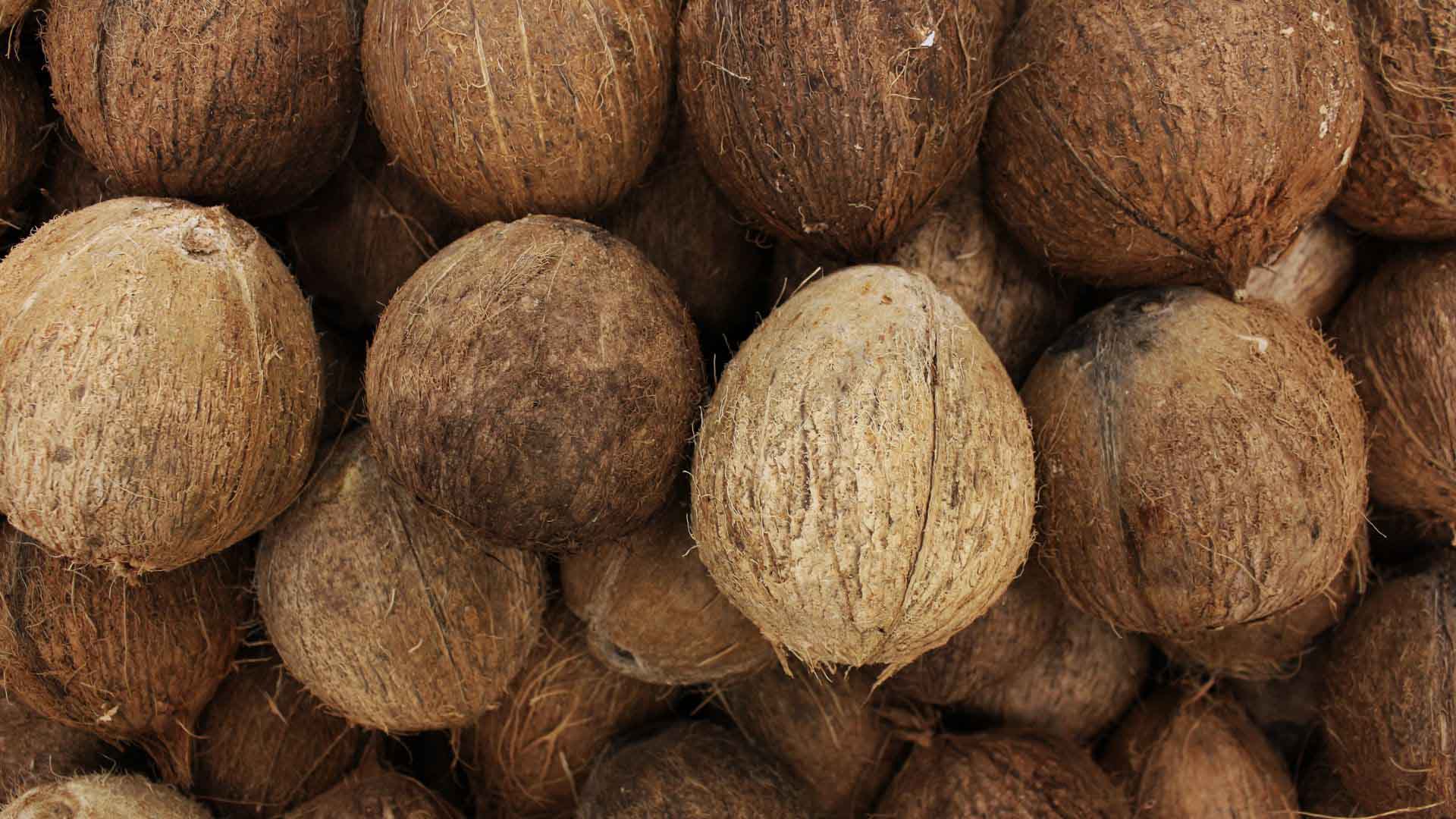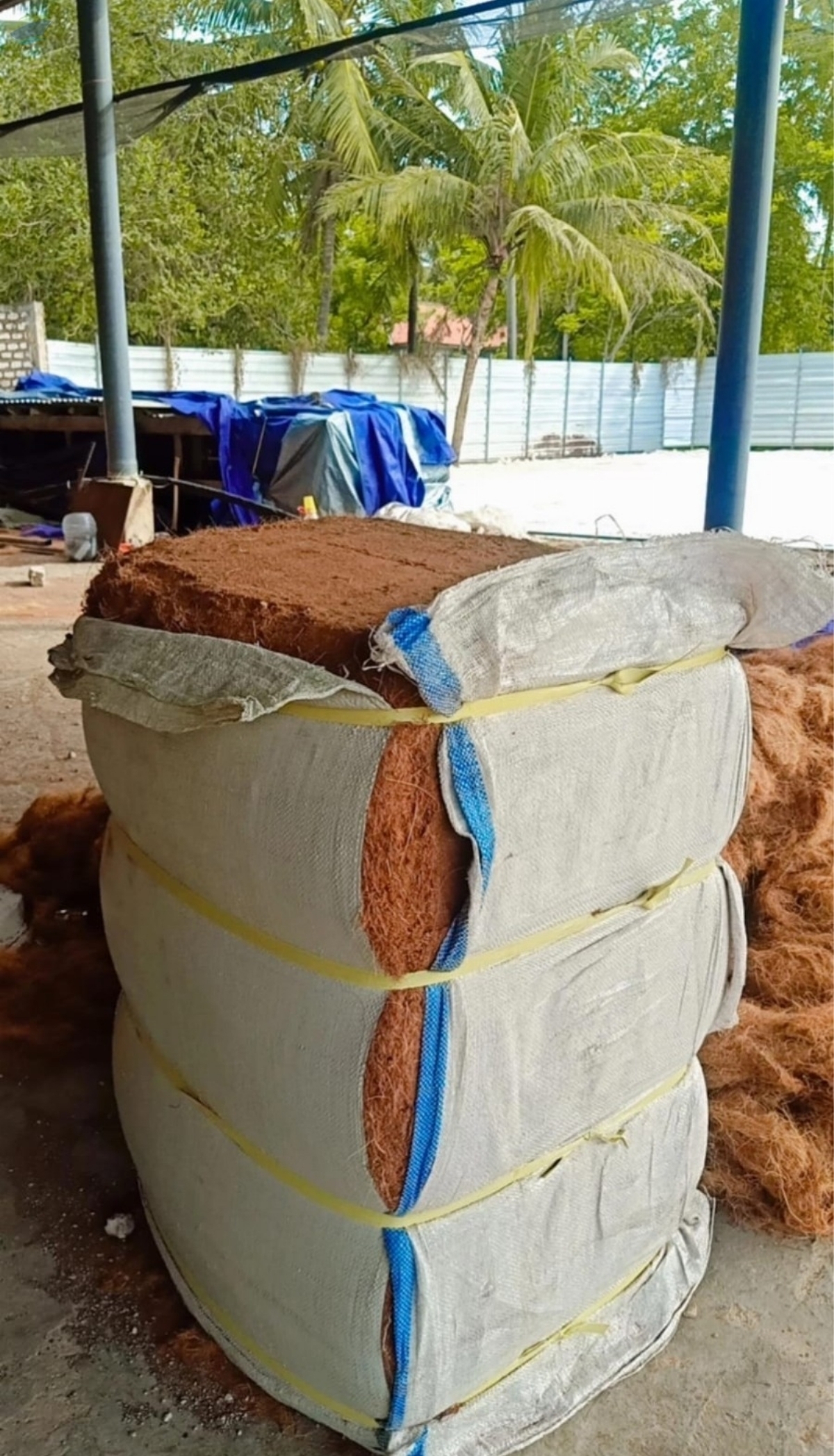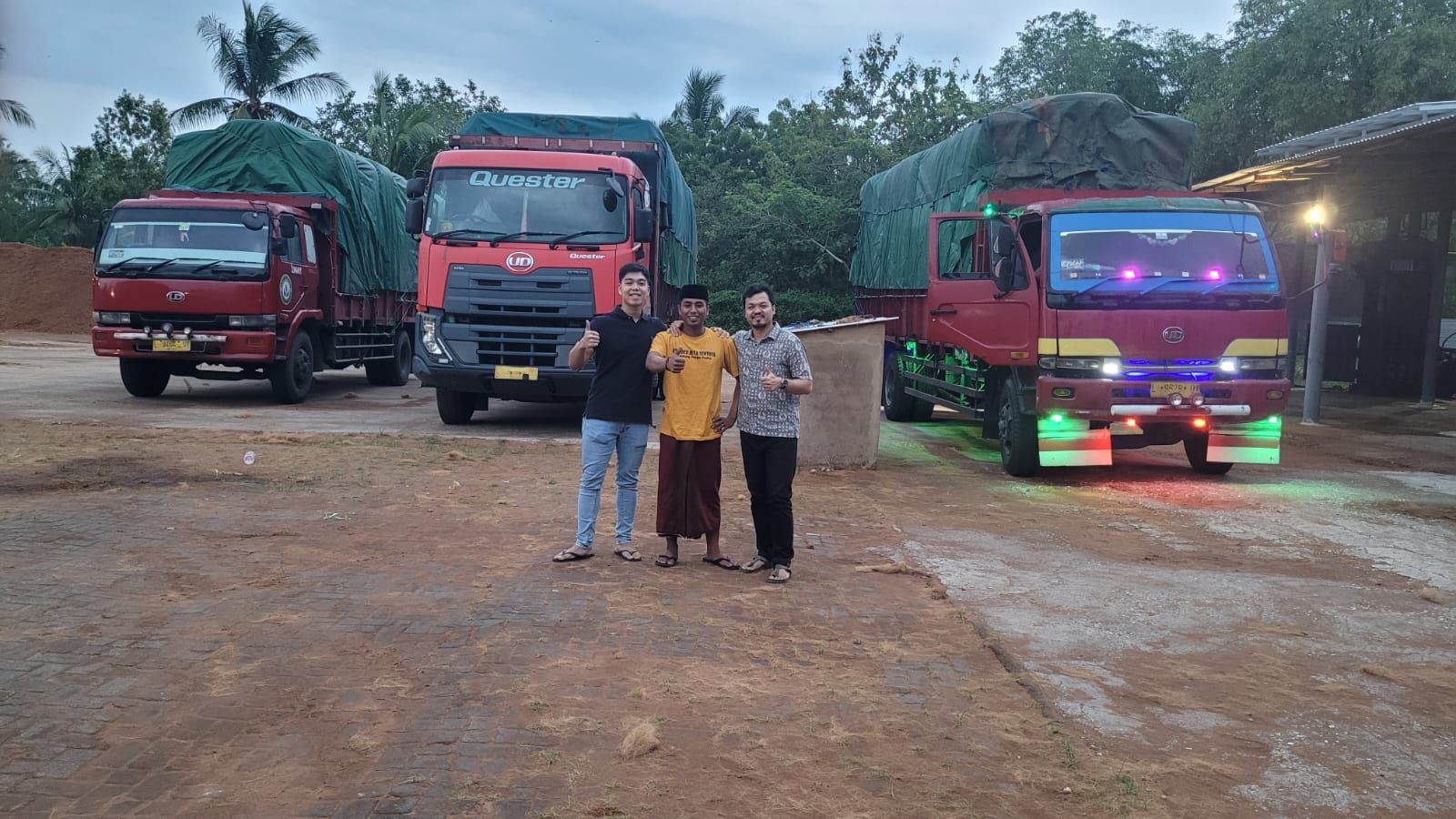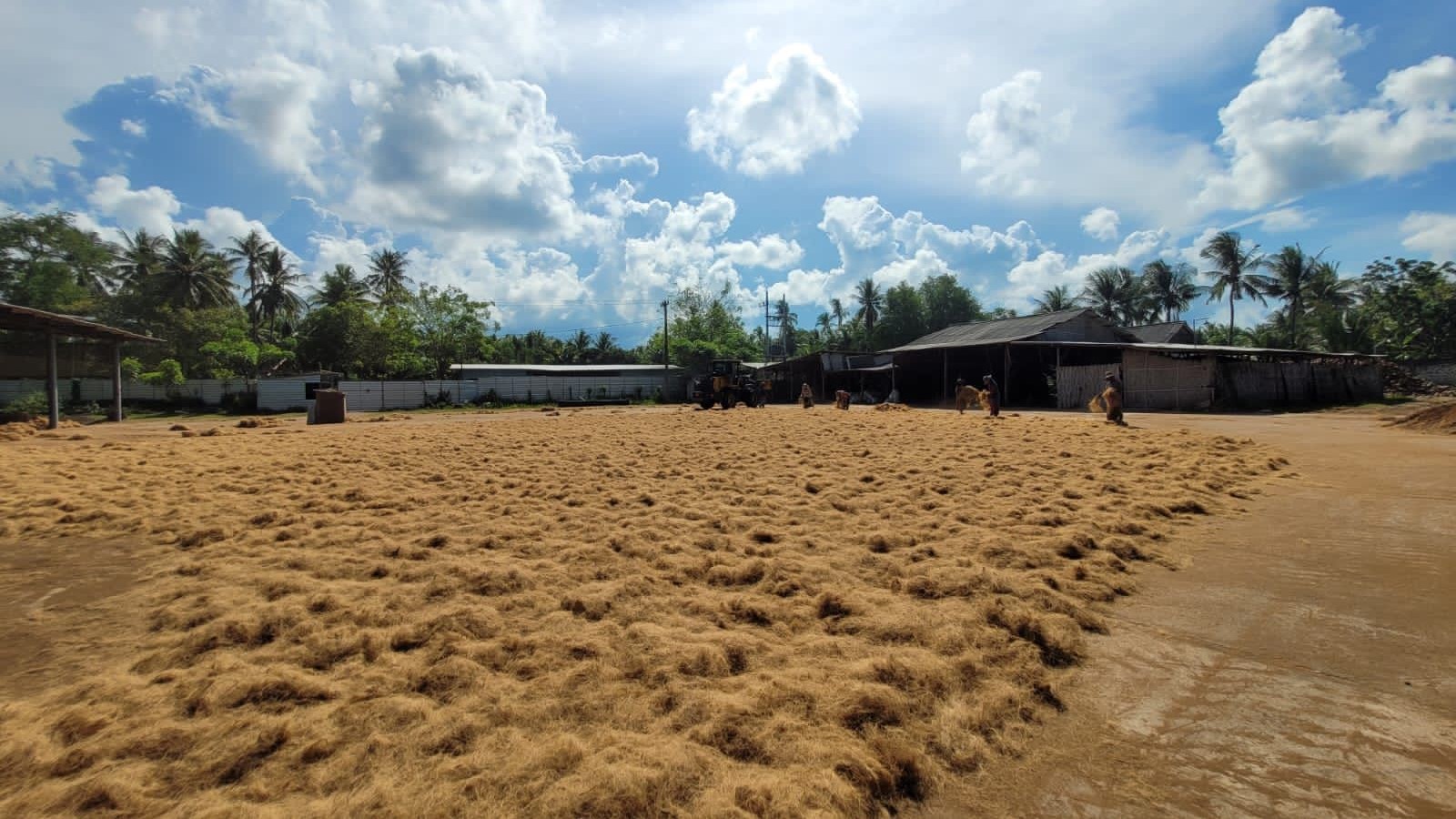Indonesiabaik.id – Coconut, a plant with a million uses, in which every part of the plant has a life-sustaining purpose.
According to the records of the Ministry of Agriculture and the Agricultural Quarantine Agency, at least thirteen distinct coconut derivative products have been in demand on the international market. Exports of processed coconut products have reached dozens of nations on six continents, including Asia, Europe, Australia, Africa, North America, and South America.
According to the Indonesian Agricultural Quarantine Agency, nearly all coconut parts have been exported, beginning with the coconut meat, coconut water, coconut shell, coconut husk, and ending with the coconut trunk.
During the pandemic period of January to May 2020, the IQFAST system facilitated the export certification of 463,500 metric tons of processed coconut products to dozens of countries on six continents, a figure that was recorded as a result of the system. In addition to Indonesia, four other nations produce processed coconut in the world: the Philippines, India, Brazil, and Sri Lanka. India has imported as much as 59,3 thousand tons of processed coconut from Indonesia so far in 2020, while Brazil has reached a total of 1,2 thousand tons. In other words, Indonesia is the leading producer of processed coconut worldwide.
Sumatra Island dominated the total area of coconut plantations in Indonesia in 2017 with 1.05 million hectares (33.20%), followed by Java Island with 781.67 thousand hectares (23.2%) and Sulawesi Island with 781.23 thousand hectares (22.40%). Moreover, the area of coconut plantations on the islands of Papua and Maluku, Bali and Nusa Tenggara, and Kalimantan is 376,64 thousand hectares (10.9%), 273,09 thousand hectares (7.86%), and 203,94 thousand hectares (5.87%), respectively.
Given the spaciousness of Indonesia’s coconut plantations, the country’s export sector is highly promising. Keeping in mind that coconut plants are one of the plantation commodities that generate foreign exchange, a source of regional original income, and a source of income for plantation farmers and the community, coconut plants are also one of the plantation commodities that generate foreign currency.
The ideal option is for Indonesia to become a developing country for the global coconut commodity.
According to the Indonesian Agricultural Quarantine Agency, nearly all coconut pieces have been exported, beginning with the coconut meat, coconut water, coconut shell, coconut husk, and ending with the coconut trunk.
During the epidemic period of January to May 2020, the IQFAST system facilitated the export certification of 463,500 metric tons of processed coconut products to dozens of countries on six continents, a figure that was recorded as a result of the system.
In addition to Indonesia, four other nations produce processed coconut in the world: the Philippines, India, Brazil, and Sri Lanka. India has imported as much as 59,3 thousand tons of processed coconut from Indonesia so far in 2020, while Brazil has reached a total of 1,2 thousand tons. In other words, Indonesia is the leading producer of processed coconut worldwide.
Sumatra Island dominated the total area of coconut plantations in Indonesia in 2017 with 1.05 million hectares (33.20%), followed by Java Island with 781.67 thousand hectares (23.2%) and Sulawesi Island with 781.23 thousand hectares (22.40%). Moreover, the area of coconut plantations on the islands of Papua and Maluku, Bali and Nusa Tenggara, and Kalimantan is 376,64 thousand hectares (10.9%), 273,09 thousand hectares (7.86%), and 203,94 thousand hectares (5.87%), respectively.
Given the expansiveness of Indonesia’s coconut plantations, the country’s export sector is highly promising. Keeping in mind that coconut plants are one of the plantation commodities that generate foreign exchange, a source of regional original income, and a source of income for plantation farmers and the community, coconut plants are also one of the plantation commodities that generate foreign currency.
The ideal option is for Indonesia to become a developing country for the global coconut commodity.



